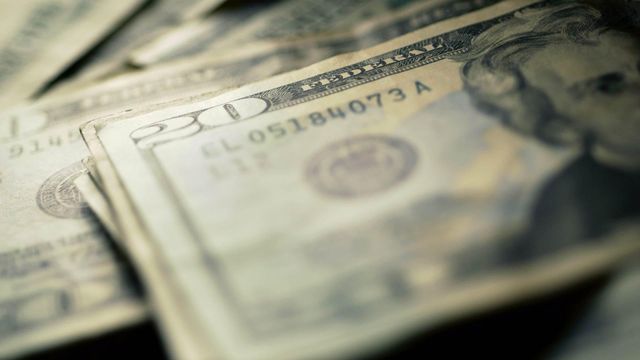Companies to pay more to cover NC's bailout
The unemployment tax for North Carolina businesses will increase by $21 per worker in January to help the state repay the federal government the $2.5 billion it borrowed to cover jobless benefits during the recession.
Posted — UpdatedNorth Carolina has the nation's sixth-largest debt for extended unemployment benefits, and the unemployment taxes will continue going up by $21 per worker each year until the debt is paid off.
Lew Ebert, chief executive of the North Carolina Chamber, said Friday that he hopes state officials can find a different way to repay the government.
"The (state) unemployment rate is at an all-time high," Ebert said. "Certainly, I think anything that increases the cost of doing business is problematic."
Some states, such as Texas, have handed taxpayers the bill, issuing bonds to pay off their debt. Others, including Indiana, have overhauled their entire unemployment system, raising taxes and cutting benefits.
"I think every option is on the table. Different people have proposed different options," said North Carolina Department of Commerce spokesman Tim Crowley.
Last week, the department requested bids for someone to examine the state's unemployment insurance tax structure and how best to repay the debt. State lawmakers asked for such a study seven months ago, although they didn't provide funding for it or set a deadline for its completion.
Commerce Secretary Keith Crisco, who told lawmakers Thursday about the bid request, suggested two weeks ago to state Sen. Bob Rucho, R-Mecklenburg, that three reports from investment firms would suffice for the study. Those studies, which are already complete, suggest the state borrow money from a private source to repay the federal government, since private interest is likely to be lower.
Rucho said those reports wouldn't cut it and criticized Democratic Gov. Beverly Perdue's administration for failing to expedite an outside study.
Crisco's department has been working for months to prepare for a scheduled Nov. 1 transfer of the Employment Security Commission, which manages the state's unemployment benefit programs, to direct control under his agency. Rucho argues there are inherent problems with the agency that are contributing to the size of the debt.
"We wanted this study done so that come November we could begin implementation," Rucho told Crisco. Now, he added, "we don't even get a chance to have a road map to repair the damage that is happening every day."
Crisco said the study recommendations could be available in February.
"We're here. Let's move forward," Crisco responded to Rucho. "Let's make it happen."
Some observers are still hoping Congress will decide to forgive the debt for all the states that needed unemployment bailouts, but the push for deficit reduction make that unlikely.
Ebert said any solution will likely find business owners paying more in unemployment taxes, but he said he hopes the study doesn't stop there.
"We're hoping they'll take a comprehensive look at not only the debt we owe, but how are we paying out benefits and, ultimately, how do we have a system we can afford," he said.
• Credits
Copyright 2024 by WRAL.com and the Associated Press. All rights reserved. This material may not be published, broadcast, rewritten or redistributed.






